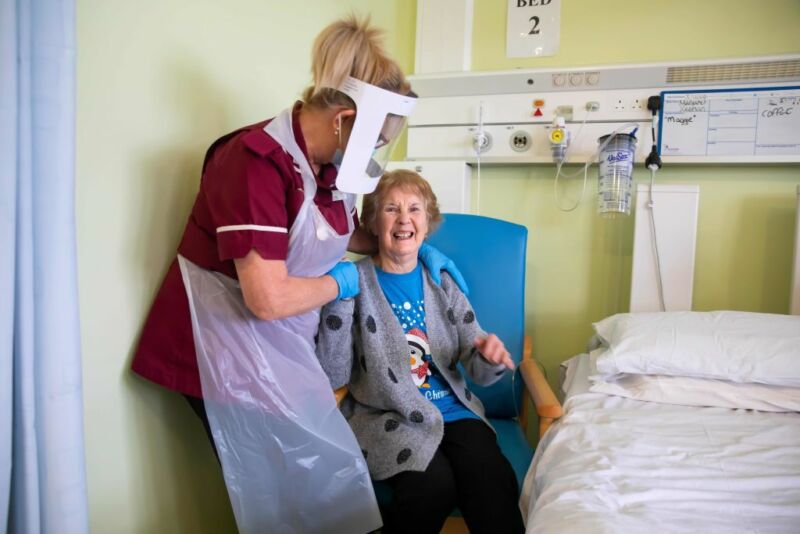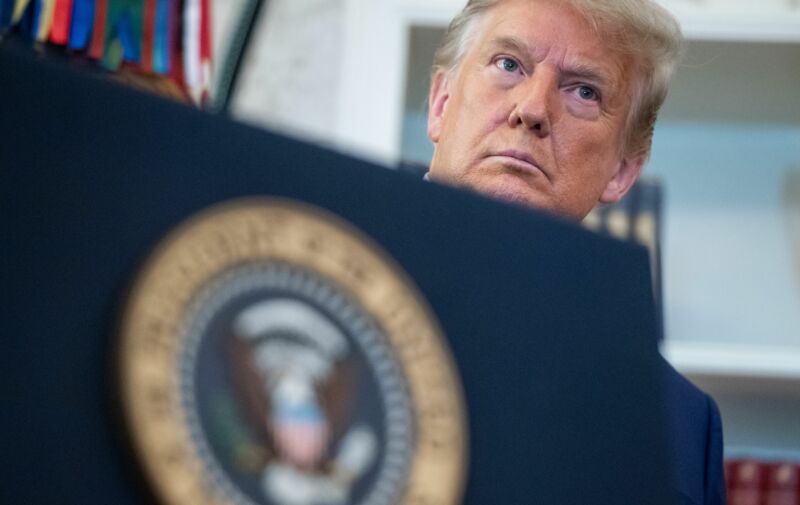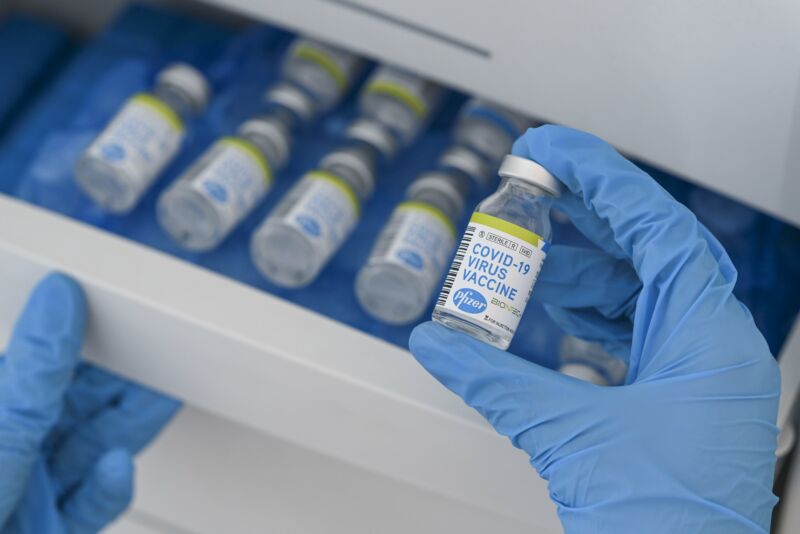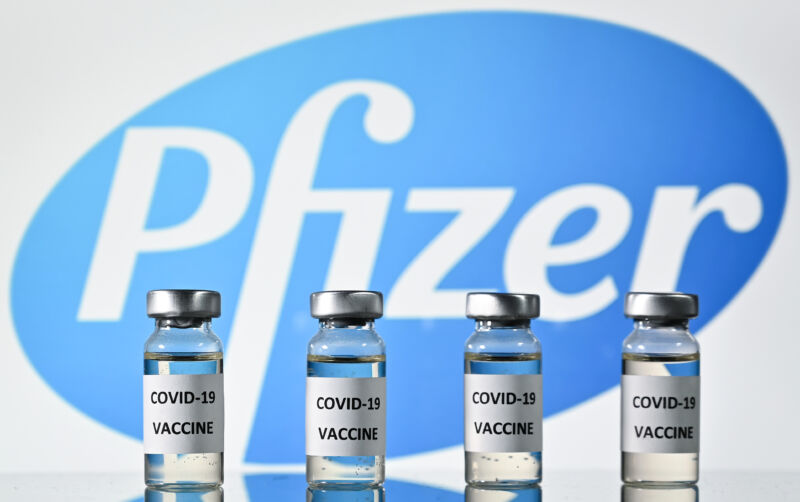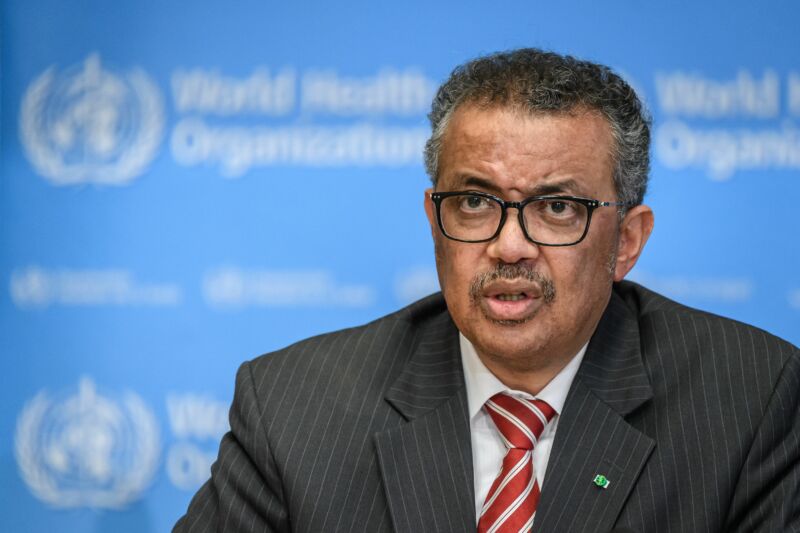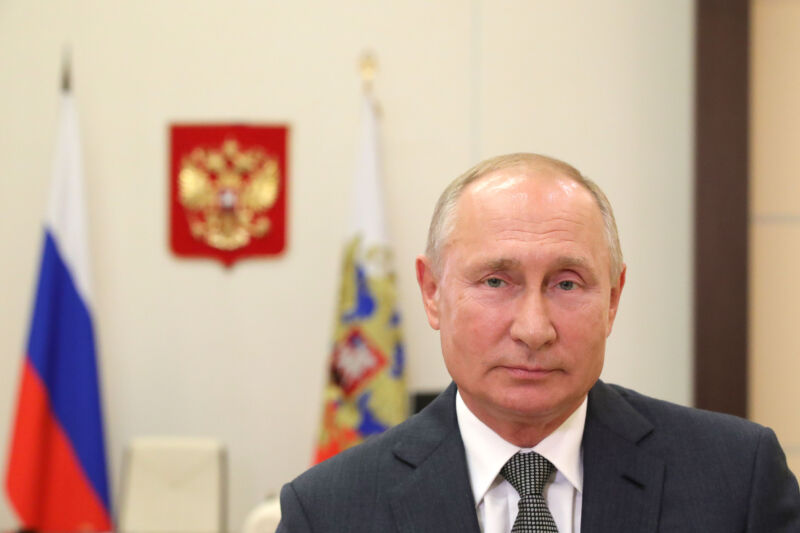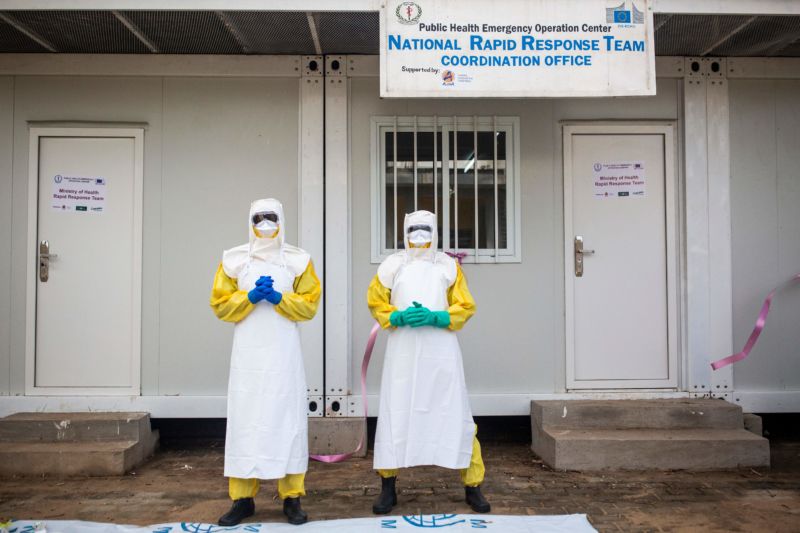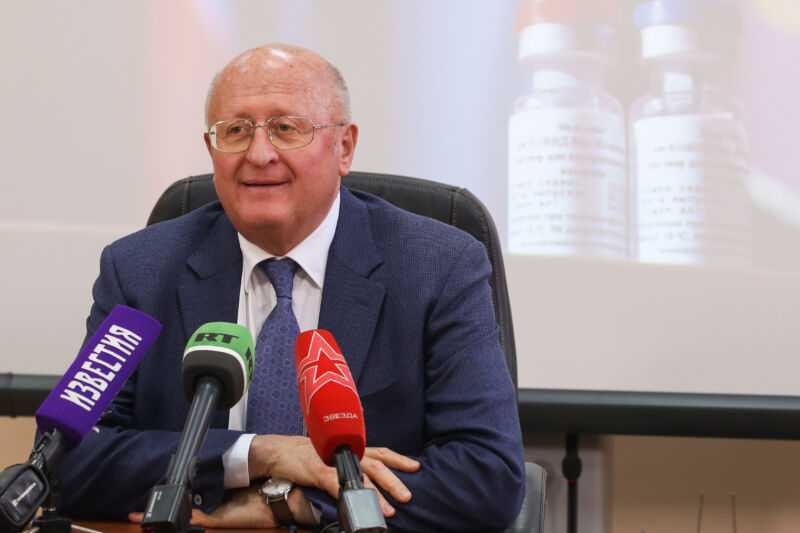-
 chevron_right
chevron_right
Hackers unlawfully access data related to promising COVID-19 vaccines
Dan Goodin · news.movim.eu / ArsTechnica · Wednesday, 9 December, 2020 - 21:19
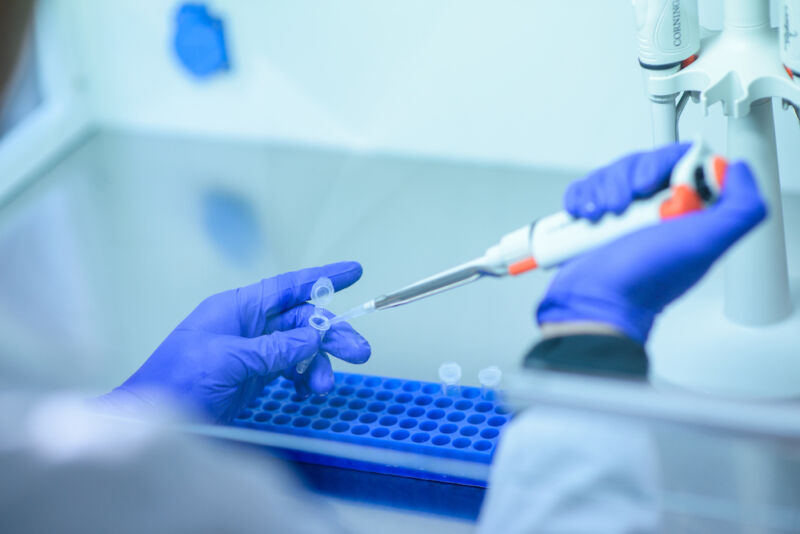
Enlarge (credit: Getty Images)
Information relating to the one of the most promising coronavirus vaccines has been “unlawfully accessed” following a hack on the European regulatory body that’s in the final stages of approving it, the firms jointly developing the vaccine said on Wednesday.
The European Medicines Agency based in Amsterdam first disclosed the breach . The statement said only that the EMA had been subject to a cyberattack and that it had begun a joint investigation along with law enforcement. The agency didn’t say when the hack happened or whether the attackers sought vaccine information, to infect the network with ransomware, or to pursue some other purpose. An EMA spokesperson said in an email that “the Agency is fully functional and work continues.”
Around the same time on Wednesday, pharmaceutical company Pfizer and biotech company BioNTech, issued a joint release that said: “Today, we were informed by the European Medicines Agency (EMA) that the agency has been subject to a cyber attack and that some documents relating to the regulatory submission for Pfizer and BioNTech’s COVID-19 vaccine candidate, BNT162b2, which has been stored on an EMA server, had been unlawfully accessed.”

